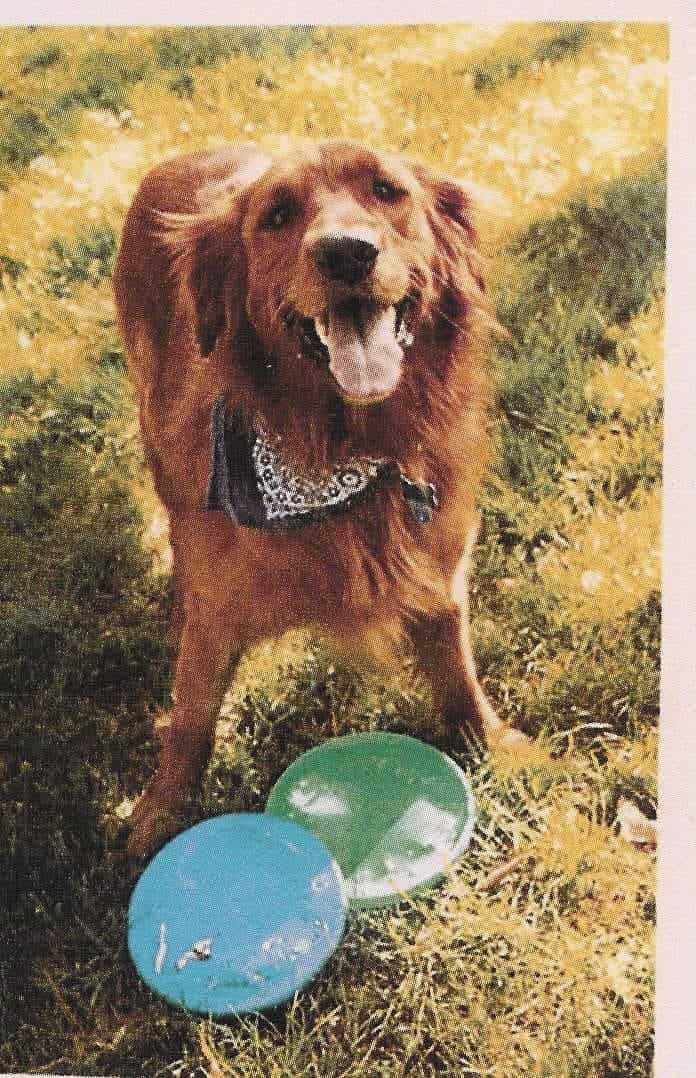Dogs diagnosed with a very common type of cancer called Lymphoma now have new hope due to the efforts of veterinarians at North Carolina State School of Veterinary Medicine. This is the first vet clinic in the United States to offer bone-marrow transplants for dogs. They expect to perform their first operation within the next month, according to Dr. Steven Suter who is heading up the transplant efforts. The procedure is possible due to three leukophoresis machines donated by the famed mayo Clinic in Rochester, Minnesota. The machines, which cost about $80,000 each, harvest healthy stem cells from canine patients with lymphoma cancer which often originates in lymph nodes. The healthy new cells are then reintroduced to the dog after total body radiation is used to kill the cancer cells left in the body.
Although the Mayo Clinic has used the machines for people, little to no modification are needed for it to be used on dogs. Bone-marrow therapy treatments were tested on dogs for many years before being used for people.
The cost is estimated at approximately $15,000 for each dog. While this seems pricy at first glance, the truth is that it’s not that much more than many pet owners spend to provide chemotherapy for their canine companions with lymphoma. The problem with chemotherapy is that aside from cost, it offers no real cure and ultimately these dogs do not survive.
Expected survival rate for dogs that undergo a bone-marrow transplant is estimated at 30 to 50 percent. Some chemotherapy will still be used in addition to the transplant. That cost should be less than $1500.00.
While bone-marrow transplants have been performed on dogs in research settings for decades, only a few have been done by veterinarians in private practice. Dr. Ed Sullivan of Bellingham, Wash., near Seattle, has performed six of the procedures over the past few years, charging as much as $35,000 for the operation.
Washington State University School of Veterinary Medicine hopes to offer the transplants for dogs in the near future according to Dr. Jeffrey Bryan, who is the leader of the transplant effort in the WSU vet school.









